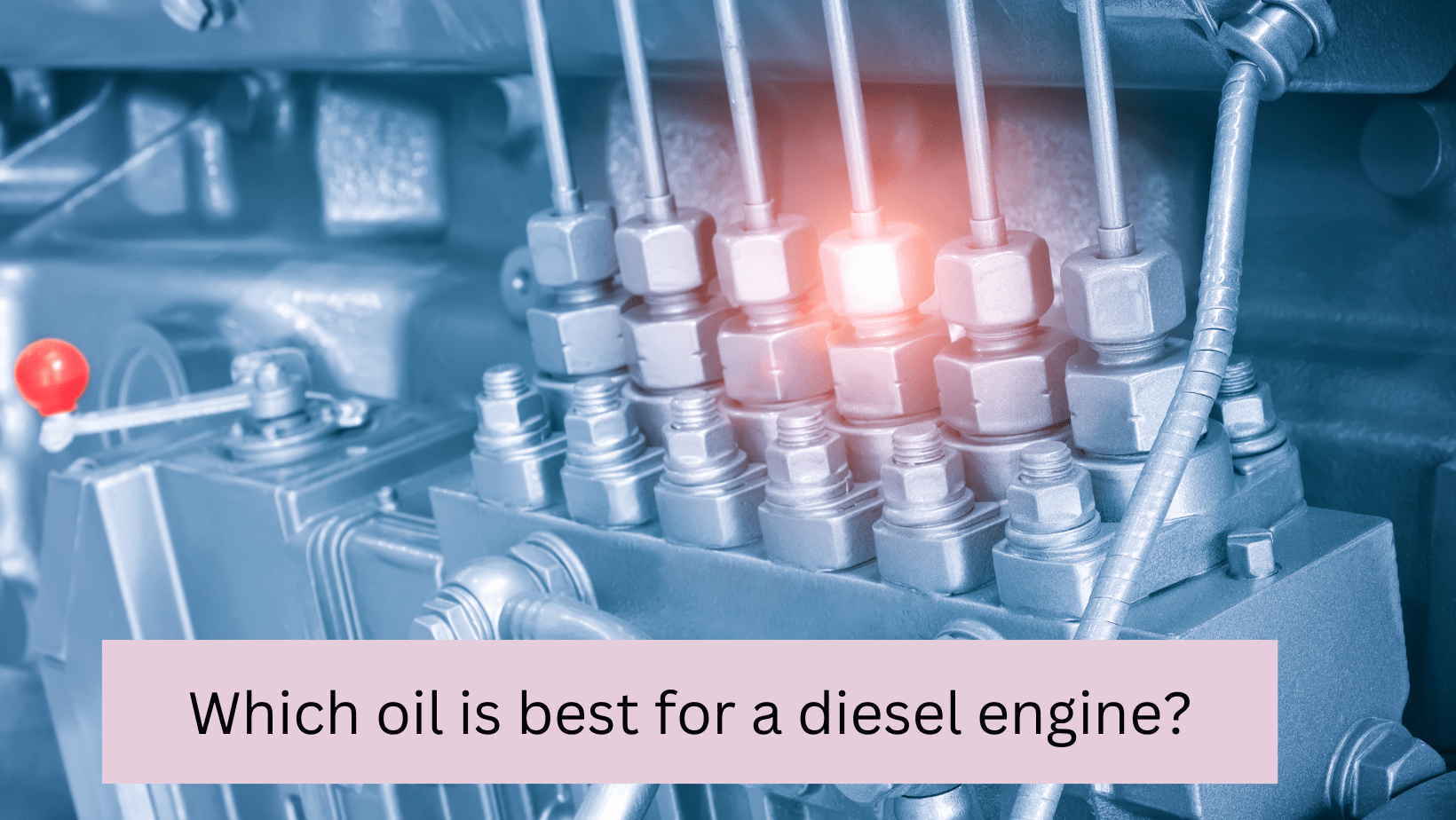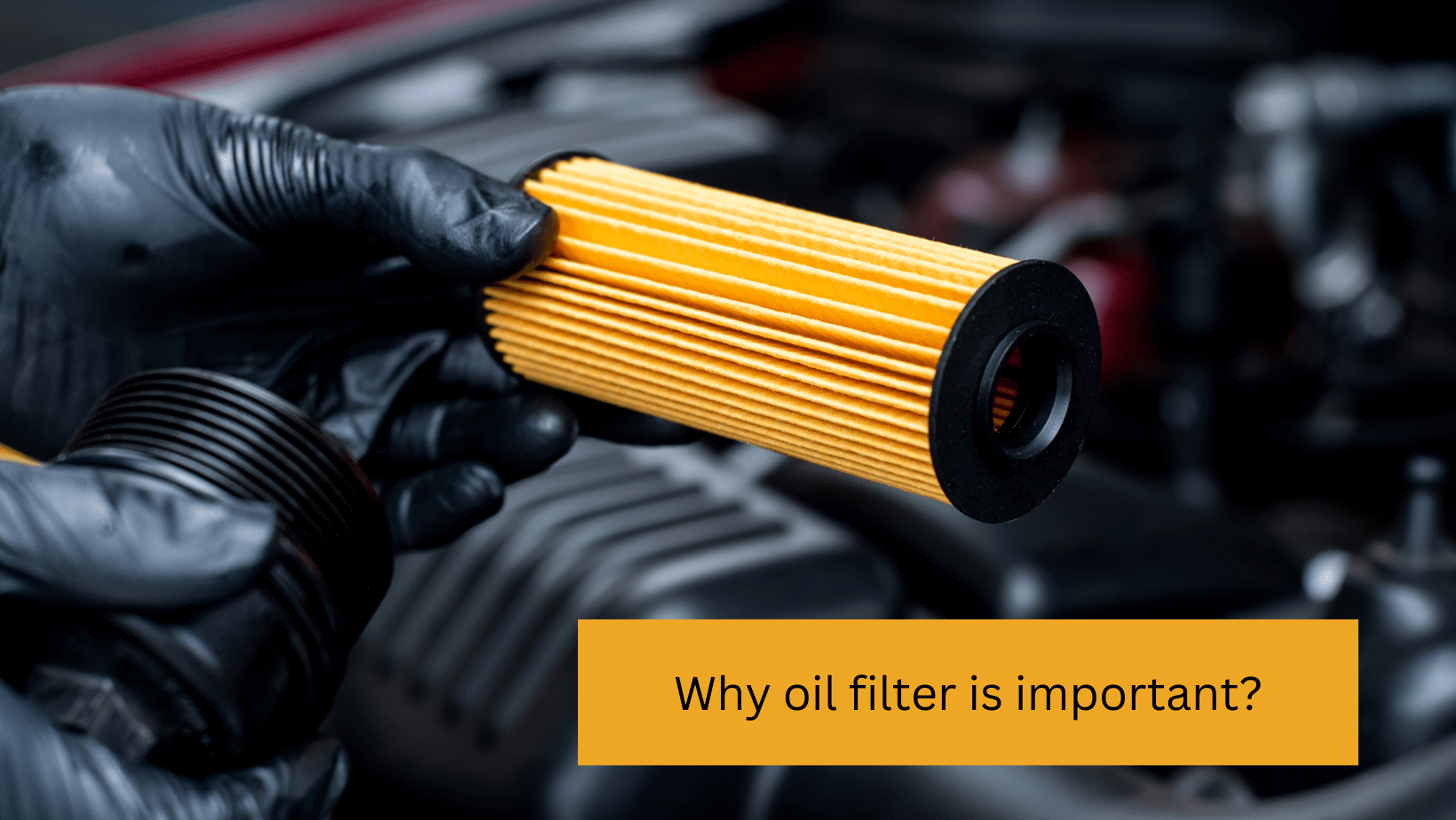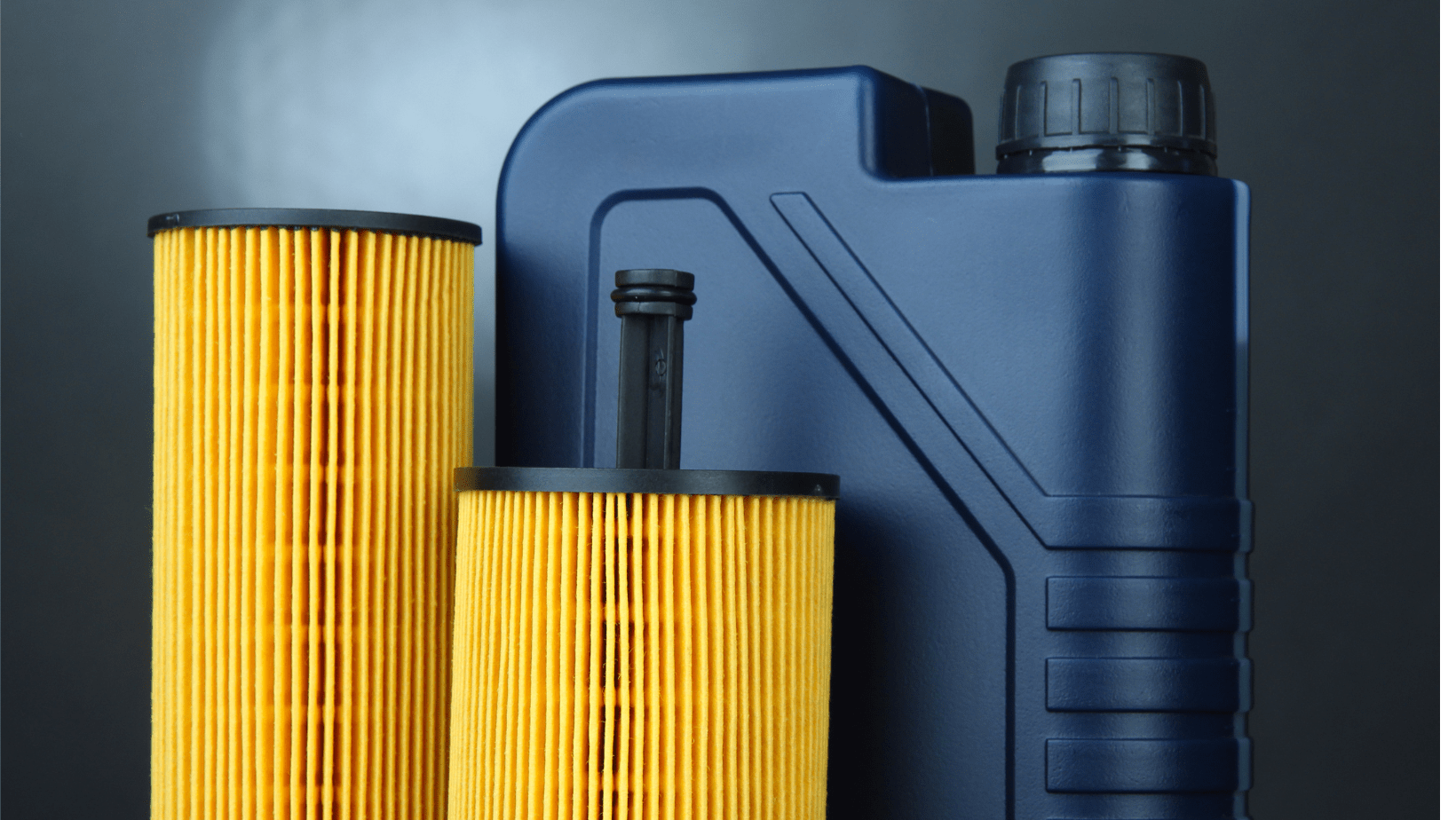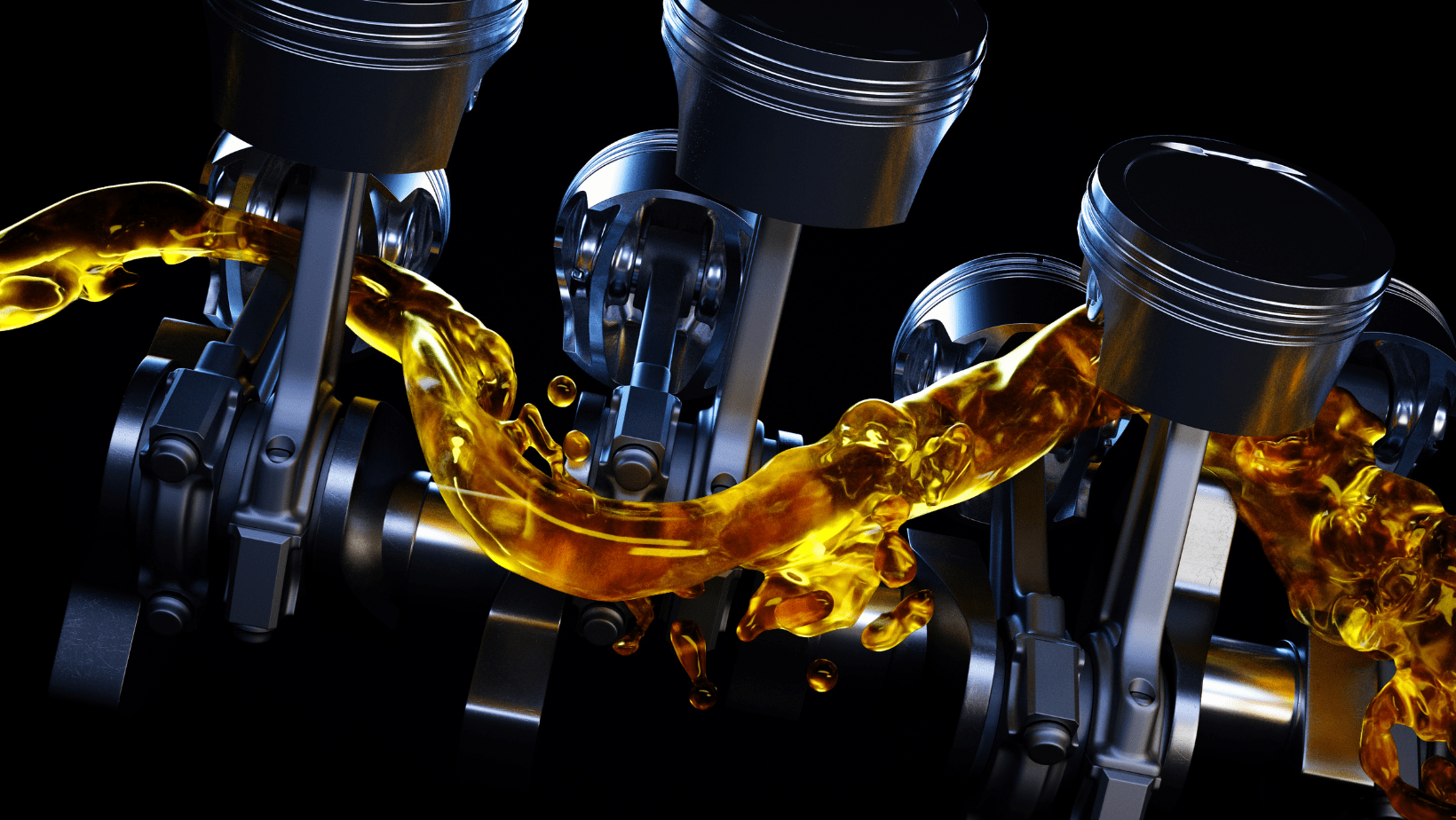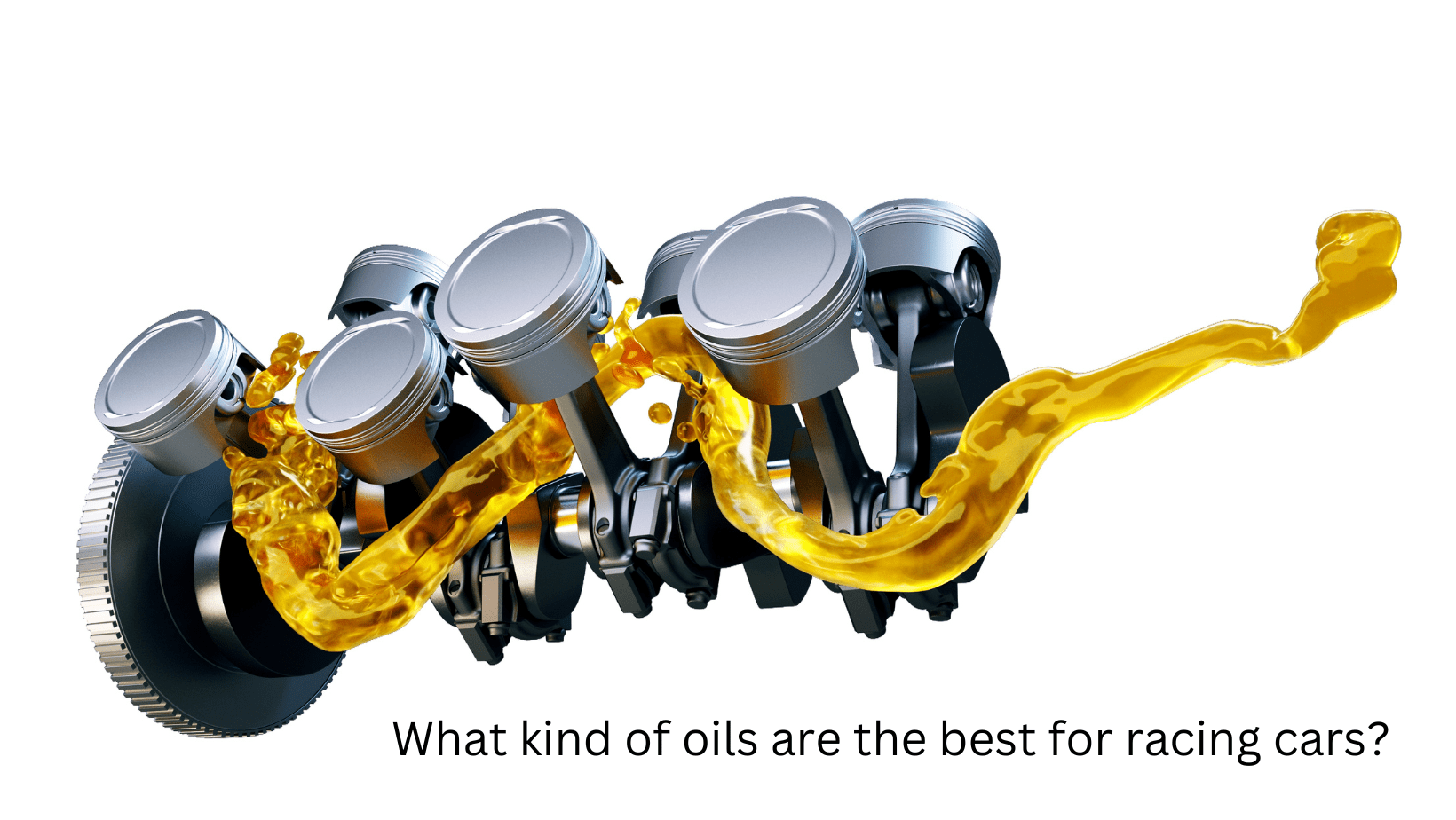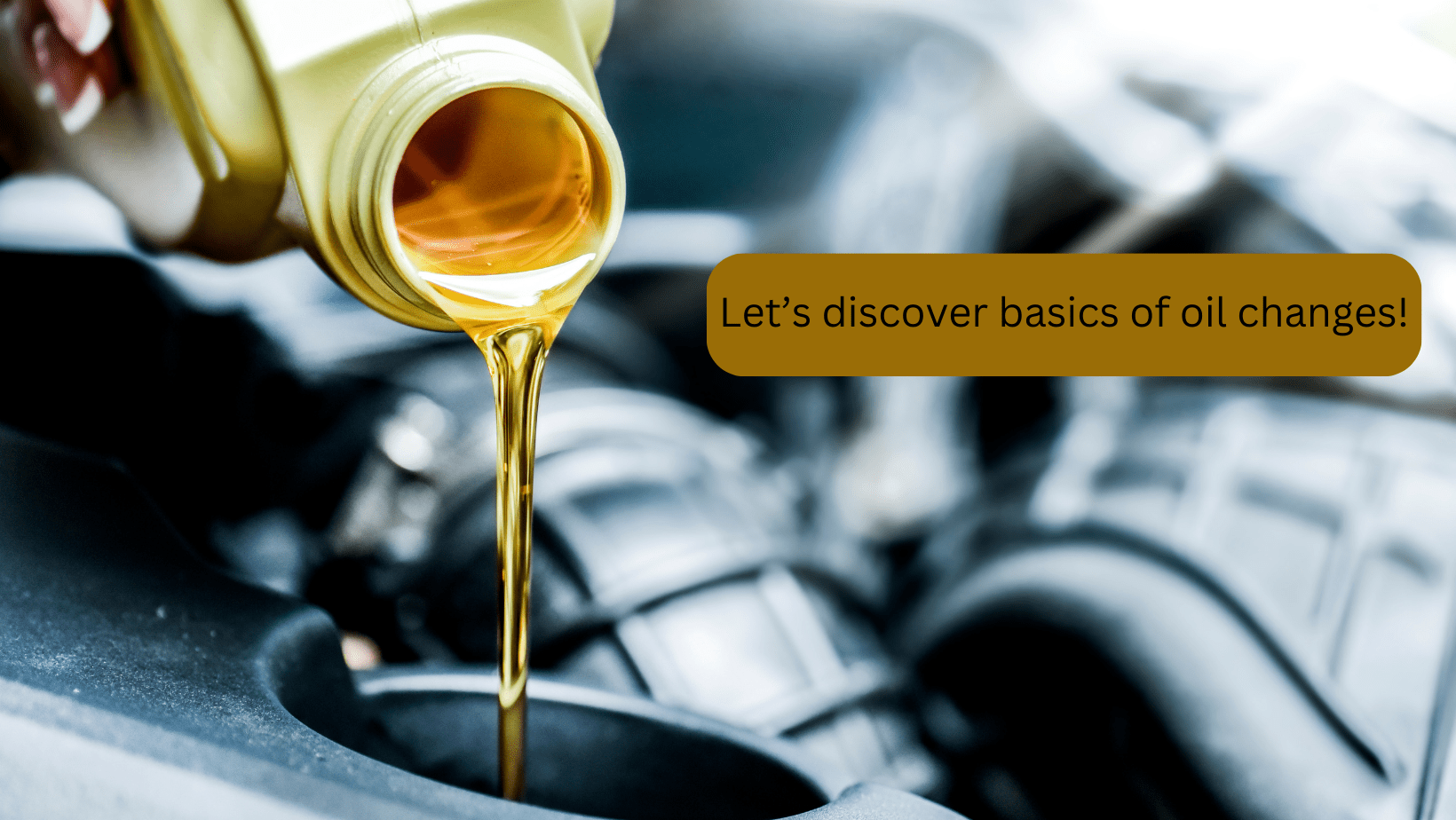Table of Contents
The Essential Guide to High-Mileage Oil Changes: Personal Tips and Best Practices
When it comes to maintaining a high-mileage vehicle, I’ve learned that paying extra attention to oil changes can make all the difference in keeping my car running smoothly. As cars age and rack up the miles, their engines require specific care to stay in top condition. Through trial and error, I discovered how important it is to understand the nuances of high-mileage oil changes. Here, I’m sharing everything I’ve learned to help you maintain your car’s longevity and performance, especially if you’re over that 75,000-mile mark.
Why High-Mileage Oil Is a Game-Changer
If you’re like me and drive an older vehicle, you know that regular oil sometimes just doesn’t cut it. High-mileage oil is uniquely formulated with conditioners that protect and rejuvenate seals, reducing engine wear. I noticed a huge difference when I switched to high-mileage oil—it’s almost like giving my engine a little TLC every time I change it. For anyone with a 2012 Jeep Wrangler or a 2020 Ram 1500 5.7 Hemi, considering the specific oil type for your model can help you maximize engine health and keep your car going strong.
How Often Should You Change the Oil?
The classic advice is to change your oil every 3,000 to 5,000 miles, but high-mileage cars sometimes need a more customized approach. Factors like driving conditions, climate, and the car’s condition can play a big role. For instance, I drive in both city and highway settings, so I try to gauge the best interval for my vehicle’s needs. For SUVs, these intervals might differ slightly. I recommend checking out resources like “Optimal Intervals for SUV Oil Changes” for tailored information.
A Decision Point: Synthetic vs. Conventional Oil
After some experimenting, I found that synthetic oil works best for my older car because of the added protection it offers. Here’s a breakdown of the options:
- Synthetic Oil: Offers great protection, especially in extreme temperatures, and is usually recommended for high-mileage vehicles.
- Conventional Oil: It might be fine for mild, regular driving, but it lacks some of the protective benefits of synthetic oil for older engines.
For me, synthetic oil’s superior lubrication made all the difference in reducing engine wear and maintaining performance. If you’re still unsure, resources like “Synthetic vs. Conventional Oil” provide great insights on making this choice.
Regular Maintenance and Monitoring Are Key
One thing I’ve learned with high-mileage cars is that it’s not just about changing the oil but also about regularly monitoring oil levels and watching for leaks. High-mileage vehicles may develop small leaks or start burning oil faster, so I make it a habit to check my levels every couple of weeks. If you’re new to this, “The Basics of Oil Changes” is a helpful guide to understanding these routine checks.
Real-Life Example: My Honda Accord
My Honda Accord, now comfortably in the high-mileage club, saw a marked improvement in performance and reliability once I switched to a high-mileage-specific oil. I went with the recommended oil type for my model, which has really made a difference in reducing the engine’s wear. I’d suggest finding the Best Oil for Honda Accord if you’re in the same boat.
The Cost-Benefit of Regular Oil Changes
Investing in the right oil and sticking to a consistent oil change schedule has saved me from costly repairs. It’s easy to skip an oil change here and there, but I’ve realized that frequent changes are essential for avoiding expensive fixes down the line. Making this small investment is worth it. I’d recommend aiming to Change Oil Every 6 Months for the best long-term results.
My Takeaway on High-Mileage Oil Changes
For those of us with high-mileage vehicles, oil changes aren’t just routine—they’re the key to extending the life of our engines. By choosing the right oil, adjusting the change frequency to fit our unique driving habits, and keeping up with regular maintenance, we ensure that our high-mileage cars continue to run reliably. Taking these steps has kept my car as a dependable companion on the road, and I hope these tips help you do the same with yours.
Additional Resources
Check out the best performance car gear available on the market.

